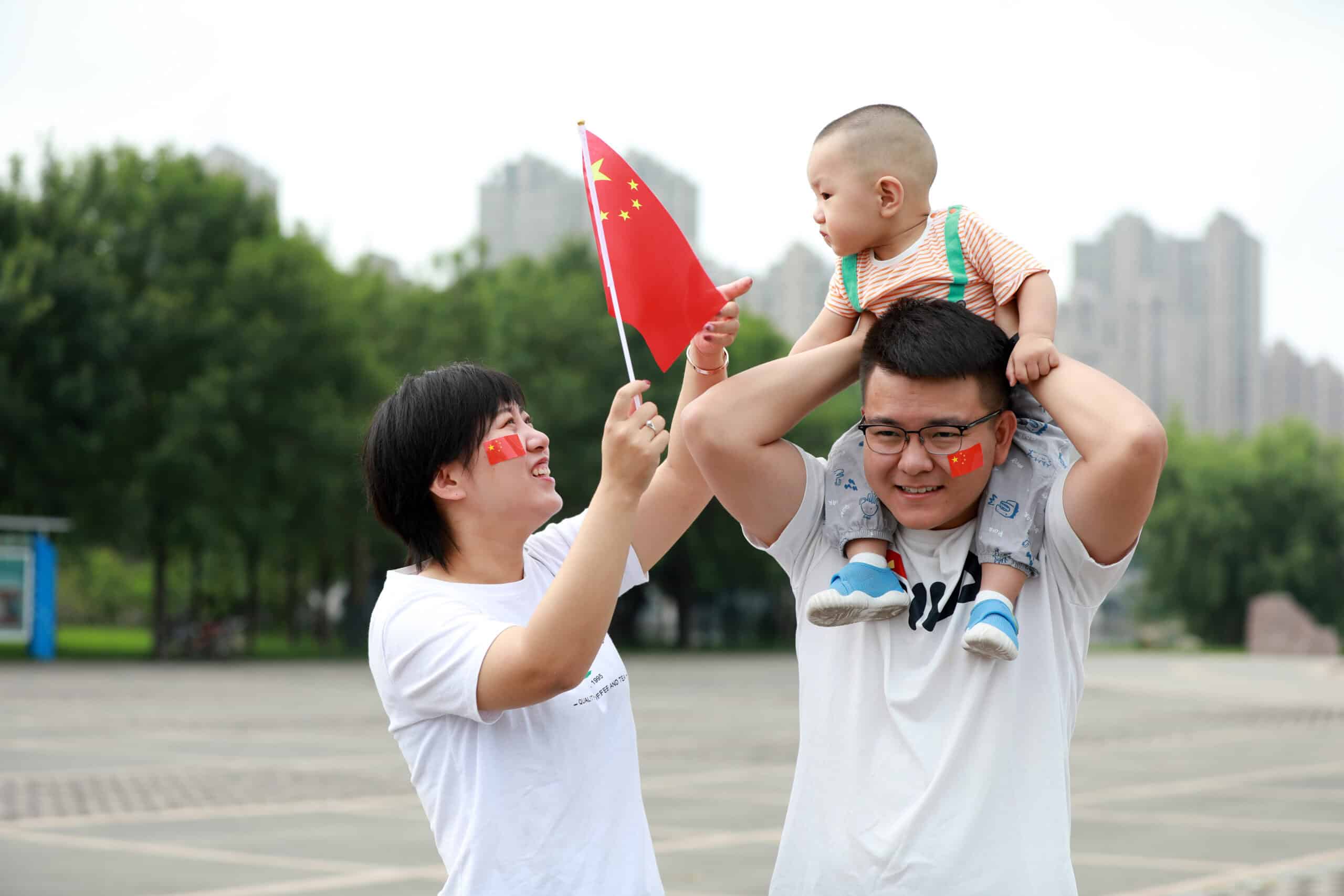Government Tactics Compromise Chinese Fertility Push

Chinese women aren’t having enough children to stave-off population decline, the Wall Street Journal reports, hinting at fatal flaws in the nation’s strategy to increase births.
China has been trying to increase its dangerously low birthrate since 2016, after eliminating its infamous one-child policy prohibiting families from having multiple kids.
DID YOU KNOW?
More than 15 government departments worked together to create fertility incentives in 2022, launching what the Daily Citizen previously deemed “the largest and most comprehensive effort to boost national fertility” ever undertaken.
But it’s not working. In fact, annual Chinese births declined a whopping 49% after the government started encouraging families to have kids.
Less than 10 million Chinese babies were born in 2022 — the fewest ever recorded and more than nine million less than in 2016.
The Bible tells us God intimately creates all humans in His image, making each one inherently valuable and worthy of protection.
Parenthood should be encouraged because it allows people to participate in the creation of these precious image-bearers, and in God’s larger plan to populate the Earth.
It’s also true that children are necessary for a country to survive and thrive. To that end, China wants to increase births to stave off the economic and social consequences of population decline — but not because it recognizes the inherent value of every life.
If anything, the stories of young Chinese women and mothers interviewed by the Journal illustrate a pervasive belief that women aren’t valuable unless they have children — a valuable state resource.
Yet more than implementing economic incentives to have children, the Chinese government personally and persistently encourages citizens get married and have kids.
- Multiple mothers told the Journal they receive messages and calls from community officials asking them to have second and third kids.
- Xi’an City residents received a Valentine’s Day message from officials reading, “Wishing you sweet love and marriage at an appropriate age. Let’s extend the Chinese bloodline.
- Many local governments organize match-making events, with Luanzhou officials using unmarried citizens online data to pair couples.
On the surface, these messages and events appear pro-child, but they’re also reminding women their fertility is monitored, and paint parenthood as a national duty.
“Soldiers win battles,” leading Chinese OBGYN Zeng Jiang remarked to Chinese media in 2022. “When it comes to giving birth to second or third children and implementing the national fertility policy, we are also taking the lead and charging to the front.”
The government’s pro-baby peppering is particularly ironic given how many suffered under China’s archaic one-child policy, a decades-long and ruthlessly enforced population control strategy that resulted in millions of abortions.
“I wish they would stop tossing us around and leave us ordinary people alone,” one mother told the Journal.
The government fined her $10,000 after she gave birth to a second child, the woman claims, before forcing her to get and maintain an IUD (intrauterine contraception).
Ten years later, she reportedly receives “text messages from officials encouraging her to have more children.”
China’s no-holds-barred fertility push is clashing and exacerbating Chinese women’s growing dissatisfaction with cultural norms.
“Women have become more vocal online about their experiences relating to relationships, families and work,” the Journal writes, with many sharing their experiences in bad marriages.
The videos and online conversation “deepened [one young mother’s] impression that many men choose wives mostly as caretakers — for children, husbands and both sets of aging parents.” Her family, meanwhile, wants her to have another child — a boy this time.
The government’s apparent emphasis on caretaking and motherhood isn’t wrong, its motives notwithstanding. Both are immensely valuable and worthwhile callings women should be proud to pursue.
But assuming the stories of the women interviewed by the Journal represent the feelings of many Chinese women, China’s fertility campaign is damaging the mental and emotional health of its citizens — particularly women and families who suffered under it heartless one child policy.
While “Children are a heritage from the Lord, offspring a reward from Him” (Psalm 127:3), we know a woman’s worth is not attached to giving birth. The Bible shows us marriage and motherhood aren’t requirements to make women worthy, but opportunities from a loving God to participate in His divine plan.
Fertility policies like those in China show that births won’t increase if women feel trapped or devalued by parenting and marriages.
Instead, its up to believers to support and minister to women around them, communicating the importance and worthiness of motherhood without reducing their value to giving birth.
ABOUT THE AUTHOR

Emily Washburn is a staff reporter for the Daily Citizen at Focus on the Family and regularly writes stories about politics and noteworthy people. She previously served as a staff reporter for Forbes Magazine, editorial assistant, and contributor for Discourse Magazine and Editor-in-Chief of the newspaper at Westmont College, where she studied communications and political science. Emily has never visited a beach she hasn’t swam at, and is happiest reading a book somewhere tropical.
Related Posts

“Who Am I?”: James Van Der Beek’s Final Answer
February 12, 2026

Online Super Bowl Betting Mushrooms, Fueled By Prediction Markets
February 11, 2026


